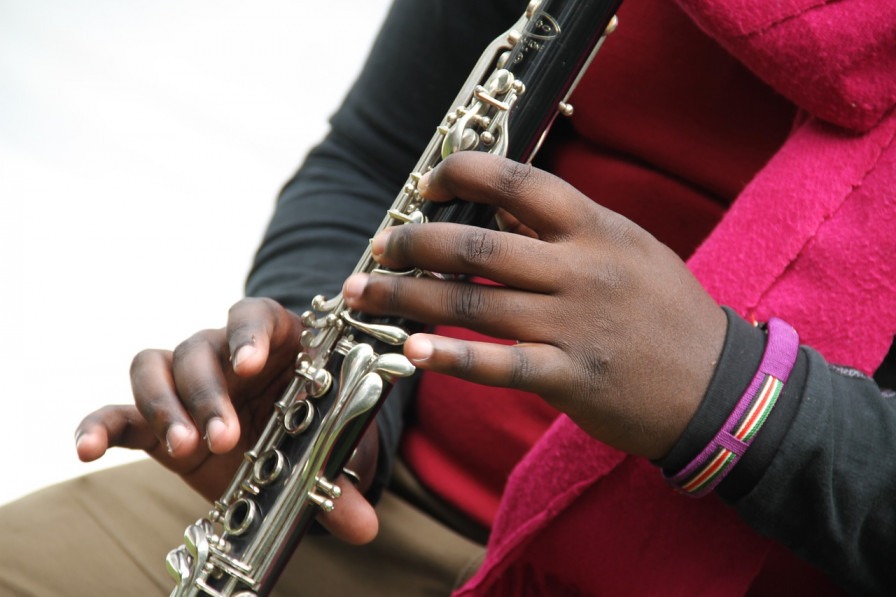Instrument Hygiene: What You Should Know If Sharing Music Instruments

While playing an instrument can easily bring us and our children lots of joy, sharing instruments might pose some small health risks. But better safe than sorry! Here are a few tips on what we should all know before sharing music instruments.
Playing an instrument can bring you lots of joy. But it can also pose a risk to your health. Sharing a woodwind musical instrument is a relatively common occurrence. Your teacher may want to demonstrate a particular quirk of your clarinet or you want to lend your saxophone to a friend for a recital. Whilst the risks are extremely low, here are a few things you should know when sharing musical instruments.
Viruses Can Live on Instruments As part of a research project, scientists from Tufts University School of Medicine in Boston infected woodwind reeds with disease-causing bacteria including streptococcus and staphylococcus. They also forced infected saliva into clarinets. Their research showed that bacteria found in the mouth can live on woodwind instruments for up to several days. The wooden reed is a particularly good host for viruses. However, there is as yet no proof as to whether the presence of these viruses or bacteria could actually lead to person-to-person infection.
Viruses are Usually Transferred by Hands Many common viruses are most readily spread by the hands. We cough or sneeze into our hands and, unless we immediately wash them, we run the risk of spreading the virus onto any of the surfaces we touch. Another person may pick up the virus on their hands and then touch their mouth or their eyes, leaving them at risk of developing the infection. Handwashing is one of the key steps to preventing the spread of viruses. You should always wash your hands before and after using a shared instrument, whether you currently have a virus or not.
You Can’t Catch an STI from a Musical Instrument There are many myths about STIs (Sexually Transmitted Infections). People sometimes wrongly believe that touching or kissing someone with an STI can spread the infection. This isn’t the case and it certainly isn’t possible to catch an STI from sharing musical instruments. Although the hepatitis B virus can be found in saliva it is not transmitted through kissing, sharing utensils or sharing musical instruments. The infection is primarily spread by having unprotected sex. Similarly, HIV is another STI that cannot be spread through saliva. For more information on STIs and how they are transmitted head to a website like the raTrust.
Instrument Hygiene Could Save Your Life Whilst you may exercise excellent instrument hygiene, you need to be sure that your friend does the same when sharing their musical instrument. In a recent case, a bagpipe player died from hypersensitivity pneumonitis, caused by fungi living inside his bagpipes. The moist, warm environment created when you breathe into a woodwind instrument provides bacteria and fungi the perfect place to grow and flourish. However, you would have to use a shared instrument very regularly to experience any serious health problems.
How to Clean a Wind Instrument So the cleanliness of your wind instrument and any wind instruments you borrow may have an effect on your health. As a result, it’s essential you know how to clean your instrument so it stays hygienic and free from any potentially harmful bugs or bacteria. Clean mouthpieces in warm, soapy water. Use cleaning rods to clean inside your instrument. Take good care of your reeds and as soon as a reed becomes cracked, chipped or softened, replace it.
Sharing an instrument does increase the risk of passing on or contracting viruses and bugs. But only very marginally. Wash your hands, keep your instrument clean and only use another instrument when you absolutely have to in order to reduce this risk even further.
